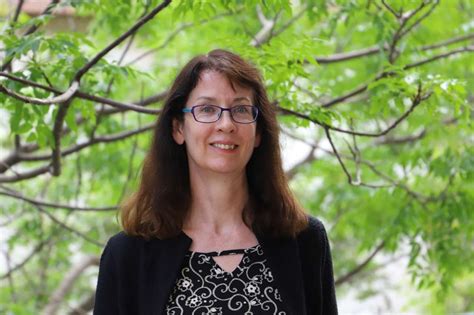A Quote by Niccolo Machiavelli
The distinction between children and adults, while probably useful for some purposes, is at bottom a specious one, I feel. There are only individual egos, crazy for love.
Related Quotes
Thou shalt not commit adultry is a command which makes no distinction between the following persons. They are all required to obey it: children at birth. Children in the cradle. School children. Youths and maidens. Fresh adults. Older ones. Men and women of 40. Of 50. Of 60. Of 70. Of 80. Of 100. The command does not distribute its burden equally, and cannot. It is not hard upon the three sets of children.
Despite the apparent absoluteness of the First Amendment, there are any number of ways of getting around it, ways that are known to any student of law. In general, the strategy is to manipulate the distinction between speech and action which is at bottom a distinction between inconsequential and consequential behavior.
Look at children. Of course they may quarrel, but generally speaking they do not harbor ill feelings as much or as long as adults do. Most adults have the advantage of education over children, but what is the use of an education if they show a big smile while hiding negative feelings deep inside? Children don?t usually act in such a manner. If they feel angry with someone, they express it, and then it is finished. They can still play with that person the following day.
You do not settle whether an argument is justified by merely showing that it is of some use. The distinction is not between useful and useless experiments but between barbarous and civilized behaviour. Vivisection is a social evil because if it advances human knowledge, it does so at the expense of human character.
I really, really love children and I think probably among children is when I feel mostly berated. It's not like I feel like oh, there's some children here. I have to tone it down. I go nuts with children especially when I ain't got none. So when I'm round my mates' children, I jest them kids up first. I swear at them, I get more worked up, I say crazy stuff to them, fill their heads with nonsense and then I leave them.
Just as a moral distinction is drawn between "those at risk" and "those posing a risk", health education routinely draws a distinction between the harm caused by external causes out of the individual's control and that caused by oneself. Lifestyle risk discourse overturns the notion that health hazards in postindustrial society are out of the individual's control. On the contrary, the dominant theme of lifestyle risk discourse is the responsibility of the individual to avoid health risks for the sake of his or her own health as well as the greater good of society.





































